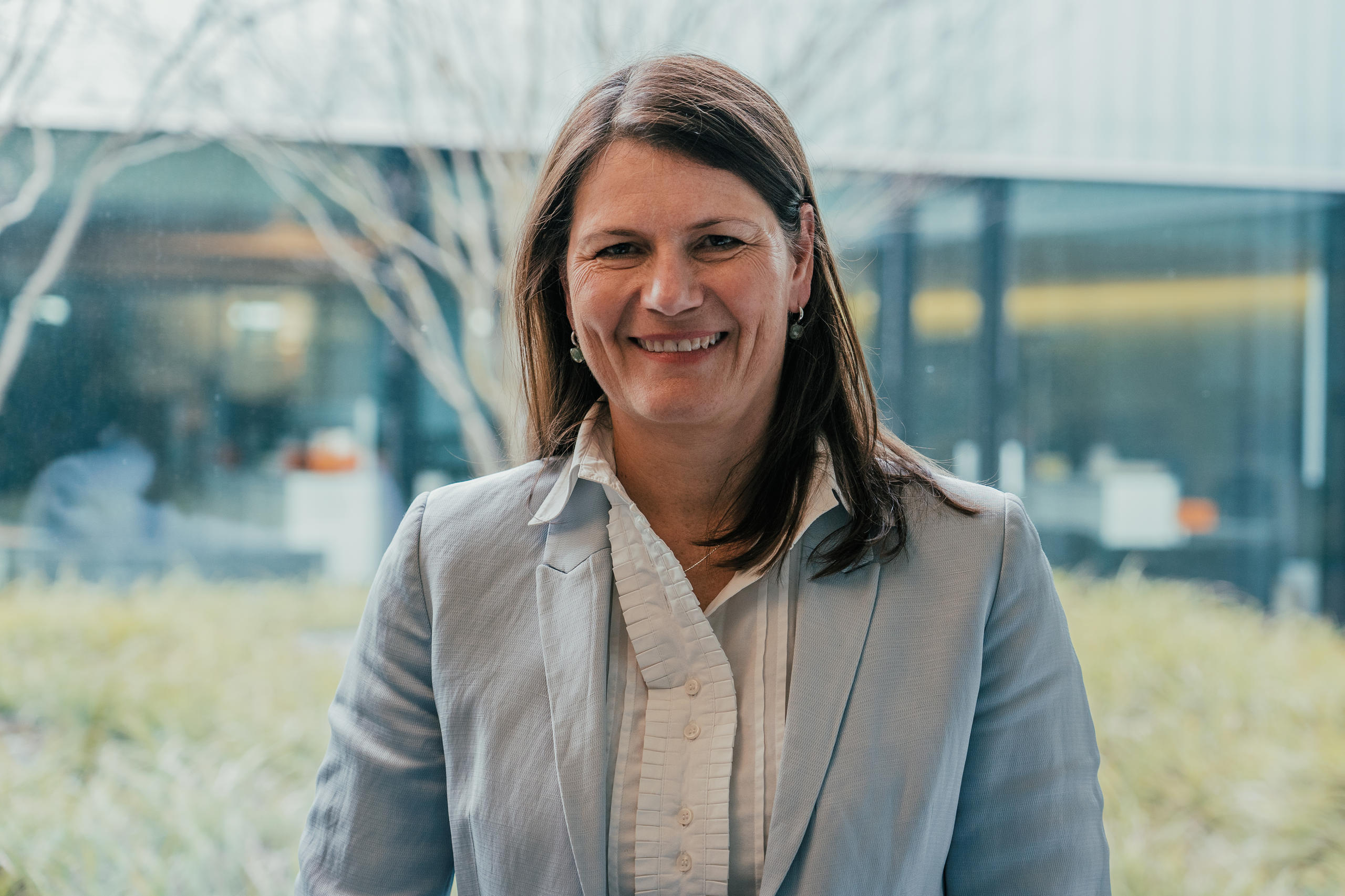
Swiss central bank rejects ‘creative’ demands to change course

The Swiss National Bank (SNB) continues to beat off demands to fight inflation by raising interest rates and to distribute more reserves to cantons and other causes.
SNB president Barbara Janom Steiner showed signs of frustration in a speech on Friday that defended the policies of the central bank.
“There are ever more varied proposals – and indeed, increasingly, demands – for potential uses to which the SNB’s assets or profits might be put,” she saidExternal link. “There is understandably no limit to the creativity exhibited by the authors of such proposals. I believe, however, that it would be anything but a good idea to meet these demands.”
At present, the Swiss National Bank (SNB) distributes up to CHF6 billion ($6.5 billion) between cantons and the federal government during profitable years. The SNB made a 2021 profit of CHF26.3 billion ($27 billion).
But there have been calls for this contribution to be raised and for reserves to be put to use in other areas. In February, trade unions launched a proposed people’s initiative to raise this total to up to CHF10 million, with the excess being used to fund pensions.
Steiner said the “increasingly worrying” list of demands “would at best render the fulfilment of the SNB’s mandate more difficult, and at worst endanger it.” The central bank is charged with helping to control the price of consumer goods whilst keeping the value of the Swiss franc in check.
She also pointed out that future profits are at the mercy of global developments, such as inflation and equity markets. This has been evidenced by an estimated CHF32.8 billion loss for the central bank in the first three months of this year.
Inflation under control
Balancing the twin goals of price and currency stability has driven monetary policy towards maintaining a -0.75% interest rate, said SNB chair Thomas Jordan.
The rate of inflation rose to 2.4% in March, having risen at a gentler momentum of 0.6% during the whole of last year. The Russian invasion of Ukraine has only raised fears of further inflation in energy and food prices. On Friday, Swiss gas company Energie 360° said the conflict has contributed to an 84% rise in gas prices in the last six months.
But Jordan pointed out that inflation is higher in other countries and said that the corresponding strengthening of the franc against a range of currencies had to some extent negated the impact of rising prices. This is because the strong franc gives Switzerland greater purchasing power for imported goods.
“Allowing the appreciation [of the Swiss franc] helped us to keep inflation comparatively low in Switzerland,” he said.
“Inflation is likely to return to the range compatible with price stability in the foreseeable future. Thus far we have seen hardly any indication of a broad spillover of the rise in commodity prices to the prices of other goods and services,” he added.
The SNB expects inflation in Switzerland to average out to 2.1% in the course of this year and to decline again in 2023 and 2024.

In compliance with the JTI standards
More: SWI swissinfo.ch certified by the Journalism Trust Initiative
















































You can find an overview of ongoing debates with our journalists here . Please join us!
If you want to start a conversation about a topic raised in this article or want to report factual errors, email us at english@swissinfo.ch.